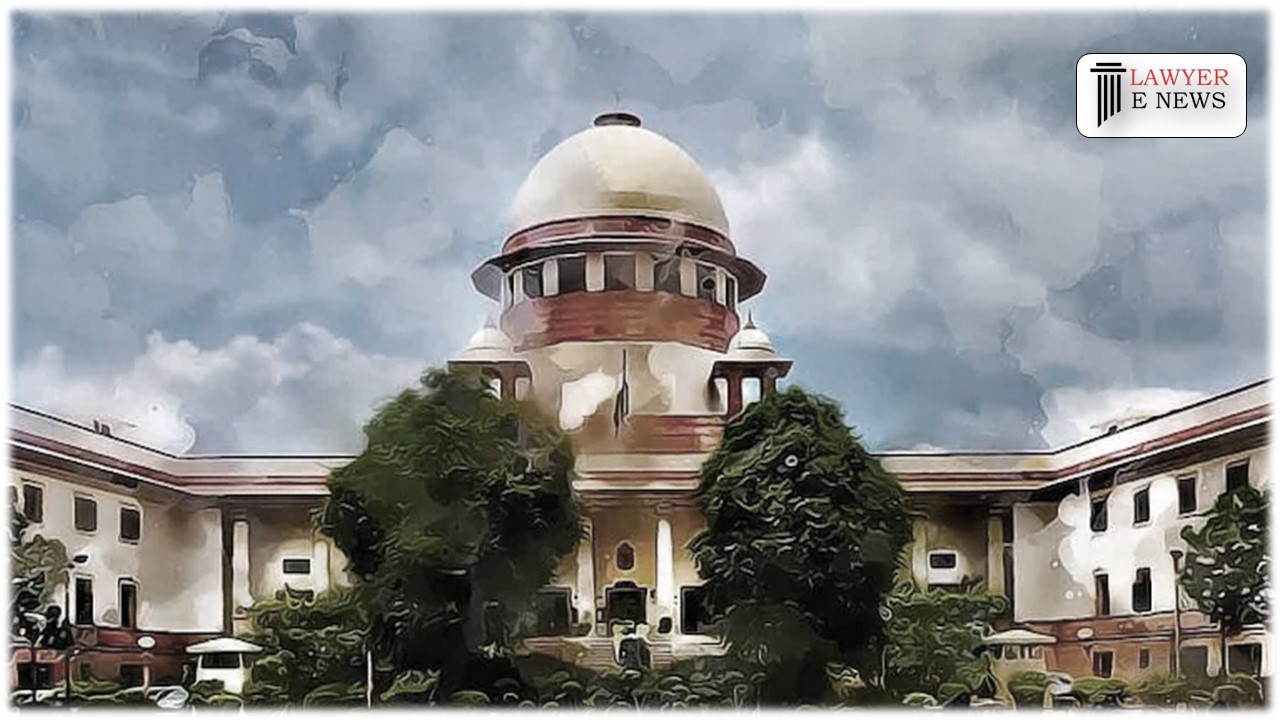-
by Admin
15 February 2026 5:35 AM



High Court Dismisses Writ Petition, Affirms Validity of Detailed GST Show Cause Notices.
In a recent judgment, the Punjab and Haryana High Court dismissed the writ petition filed by A.V. Enterprises challenging the issuance of a GST show cause notice for the financial year 2019-20. The court, comprising Justices Sureshwar Thakur and Sudepti Sharma, upheld the notice despite the petitioner's contention that it violated mandatory provisions under Rule 142 (1A) of the GST Rules, 2017. The court emphasized that the show cause notice provided comprehensive details of the tax liabilities, thereby affording the petitioner a full opportunity to contest the claims.
A.V. Enterprises received a show cause notice dated May 21, 2024, under Section 73 of the GST Act, 2017, for discrepancies in tax liabilities for the fiscal year 2019-20. The notice, issued in Form DRC-01, identified issues such as under-declared tax liabilities, excess Input Tax Credit (ITC) claimed, ITC on purchases from canceled suppliers, and mismatches between E-Way Bill and GSTR 3B liabilities. A subsequent corrigendum on May 30, 2024, corrected calculation errors in the original notice, significantly increasing the total demand.
The court noted that the show cause notice and corrigendum comprehensively detailed all tax liabilities, penalties, and interest, ensuring that the petitioner was fully informed. "The consolidated summary of the tax due was ad nauseam detailed, providing utmost clarity," the court stated.
The court distinguished the present case from precedents cited by the petitioner, which involved jurisdictional defects and lack of details in the show cause notices. In the present case, the court found no such defects. The court also referred to the Supreme Court's principles on the maintainability of writ petitions despite alternative remedies, emphasizing that no fundamental judicial procedure was violated.
Justice Thakur remarked, "A keenest perusal of the above extracted show cause notice and subsequent thereto corrigendum candidly unfolds that all the detailings of the tax liabilities as contemplated under the 'GST Rules of 2017', become ad nauseam detailed therein, besides they are detailed with utmost clarity."
The dismissal of A.V. Enterprises' writ petition reinforces the judiciary's stance on the sufficiency of detailed show cause notices under the GST regime. The judgment highlights the importance of providing comprehensive information in such notices to ensure fairness and uphold the principles of natural justice. The case underscores the judiciary's commitment to a fair and transparent tax administration process.
Date of Decision: July 11, 2024
A.V. Enterprises vs. State of Haryana and Another
